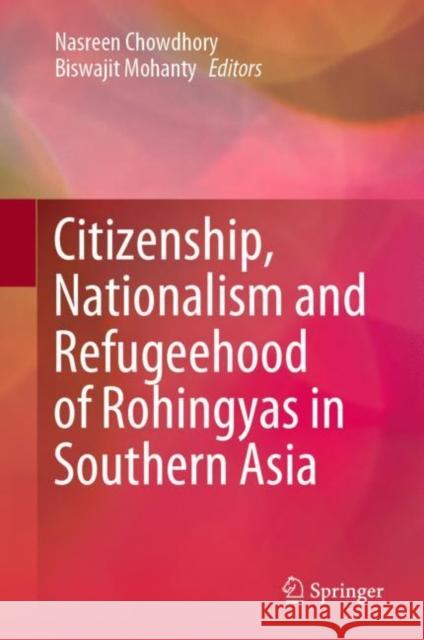Citizenship, Nationalism and Refugeehood of Rohingyas in Southern Asia » książka
topmenu
Citizenship, Nationalism and Refugeehood of Rohingyas in Southern Asia
ISBN-13: 9789811521676 / Angielski / Twarda / 2020 / 235 str.
Citizenship, Nationalism and Refugeehood of Rohingyas in Southern Asia
ISBN-13: 9789811521676 / Angielski / Twarda / 2020 / 235 str.
cena 484,18
(netto: 461,12 VAT: 5%)
Najniższa cena z 30 dni: 462,63
(netto: 461,12 VAT: 5%)
Najniższa cena z 30 dni: 462,63
Termin realizacji zamówienia:
ok. 22 dni roboczych.
ok. 22 dni roboczych.
Darmowa dostawa!
Kategorie:
Kategorie BISAC:
Wydawca:
Springer
Język:
Angielski
ISBN-13:
9789811521676
Rok wydania:
2020
Wydanie:
2020
Ilość stron:
235
Waga:
0.50 kg
Wymiary:
23.88 x 19.56 x 1.52
Oprawa:
Twarda
Wolumenów:
01











